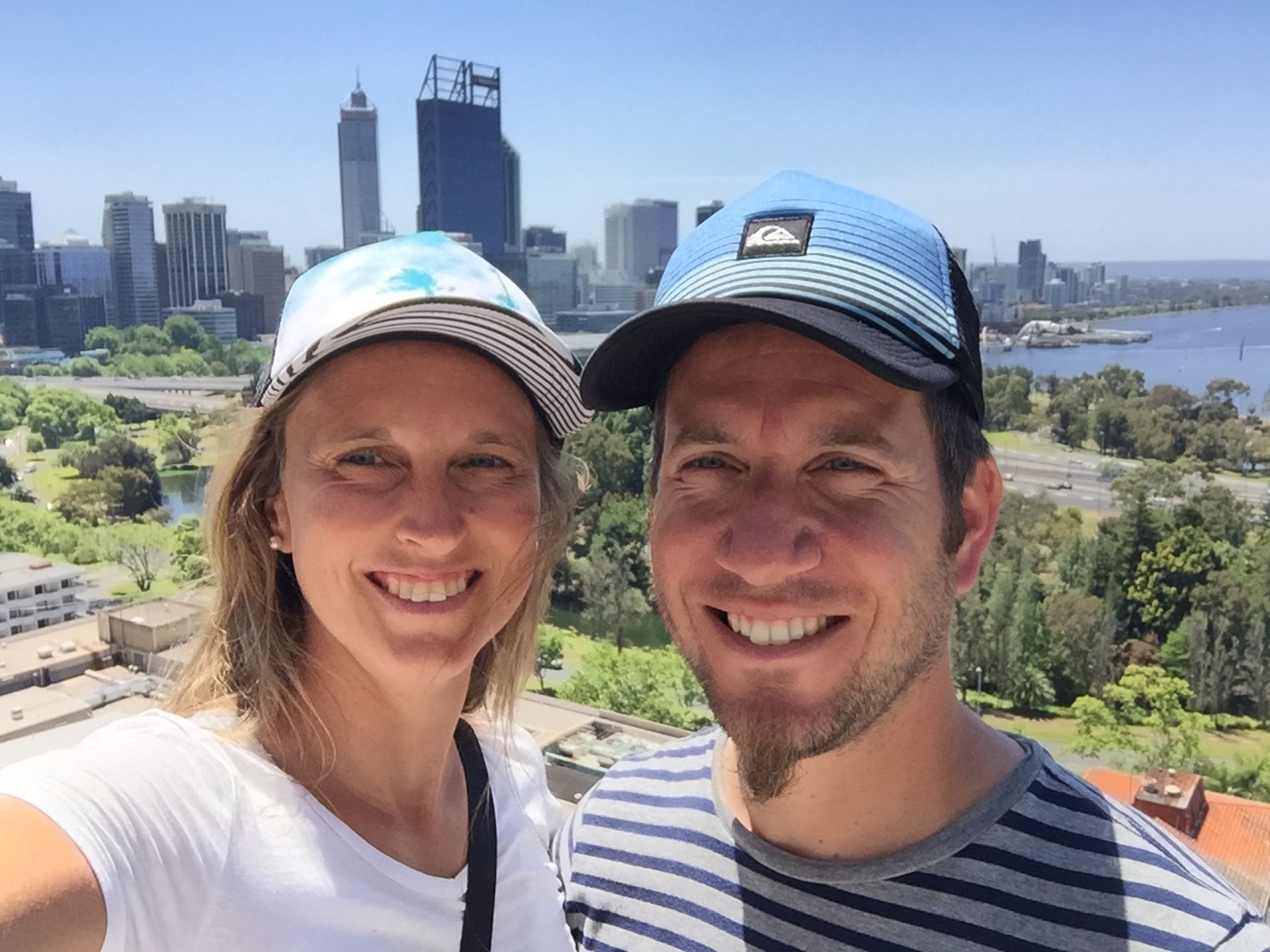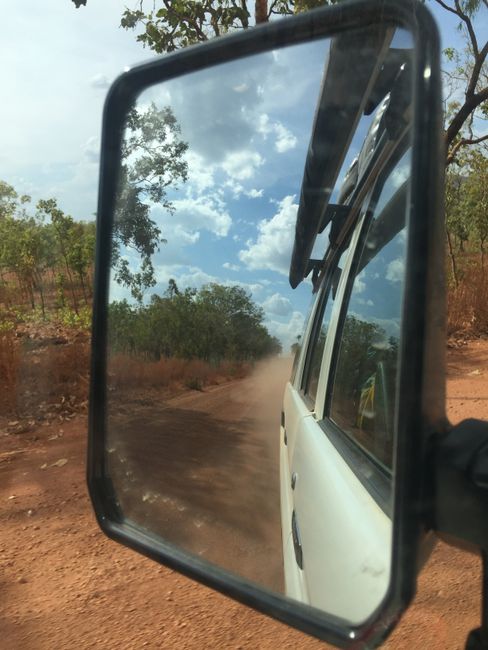Big Island - Volcanoes National Park
Paskelbta: 24.01.2018
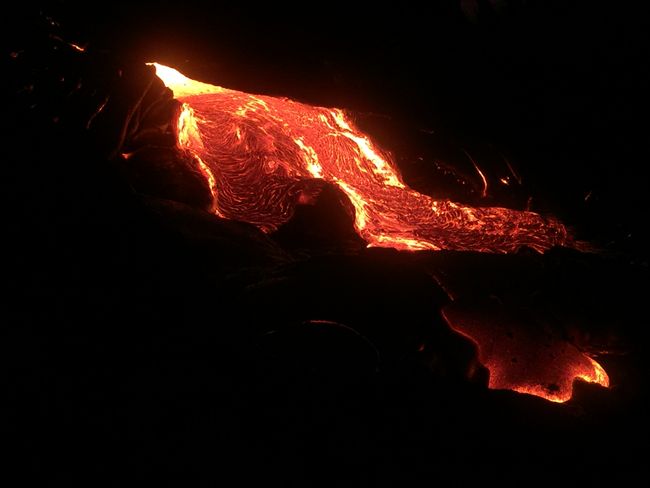
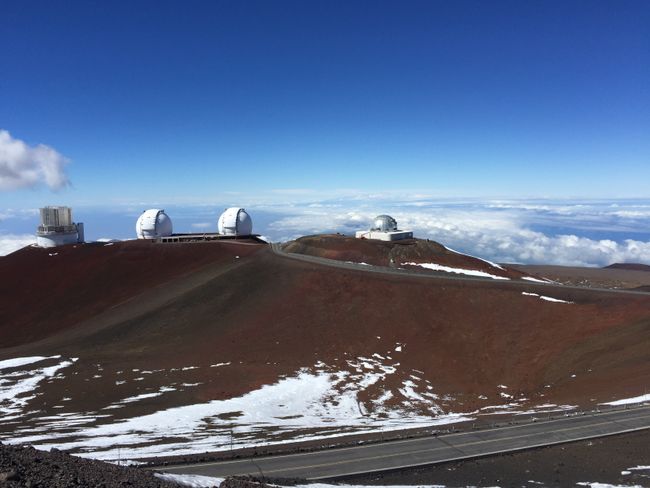
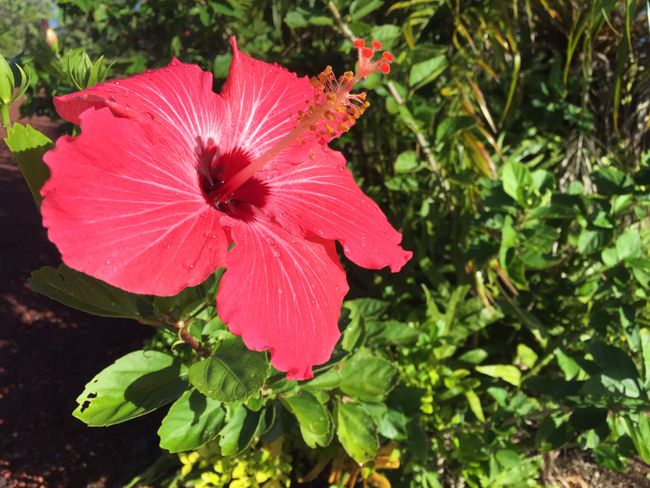
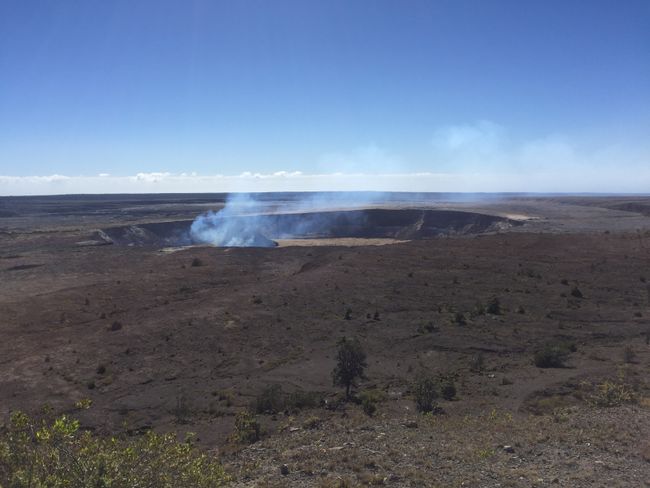
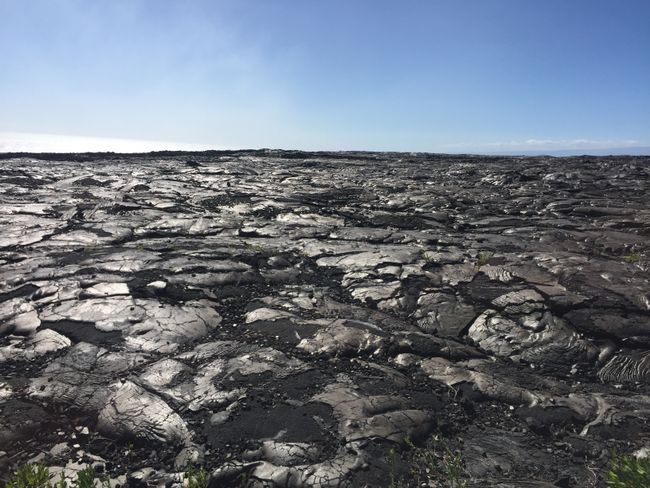
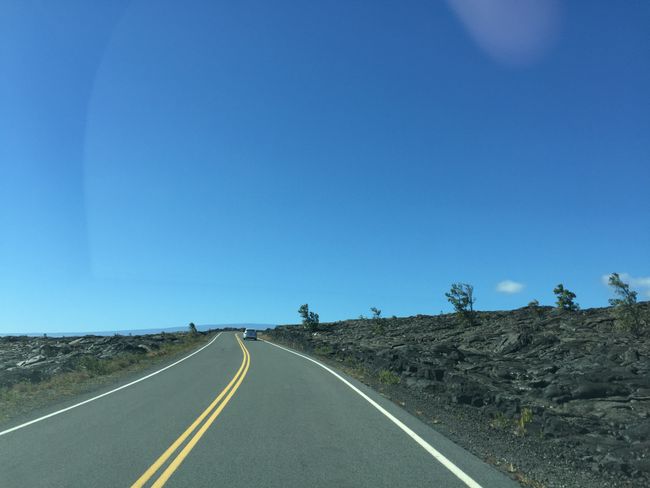
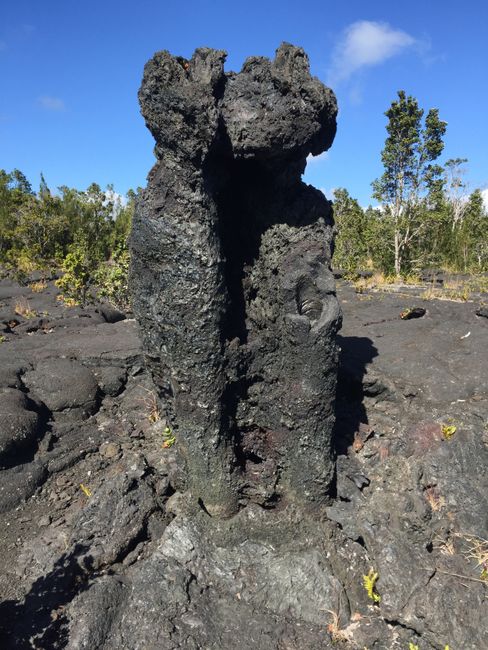
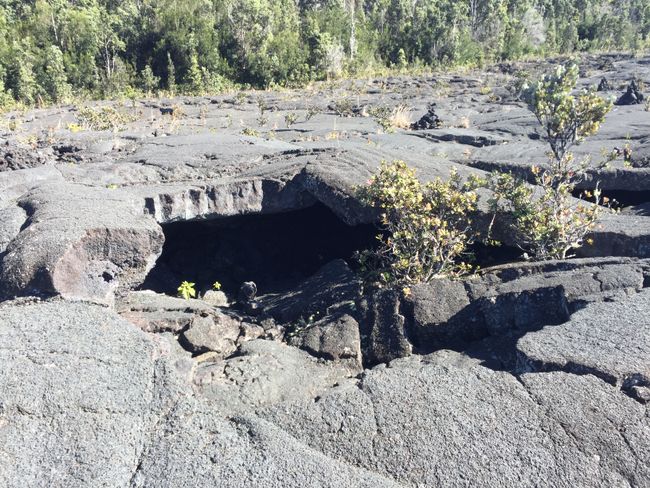
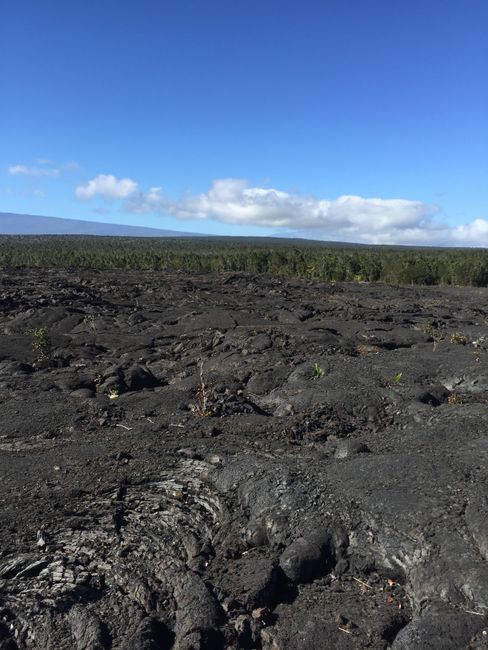
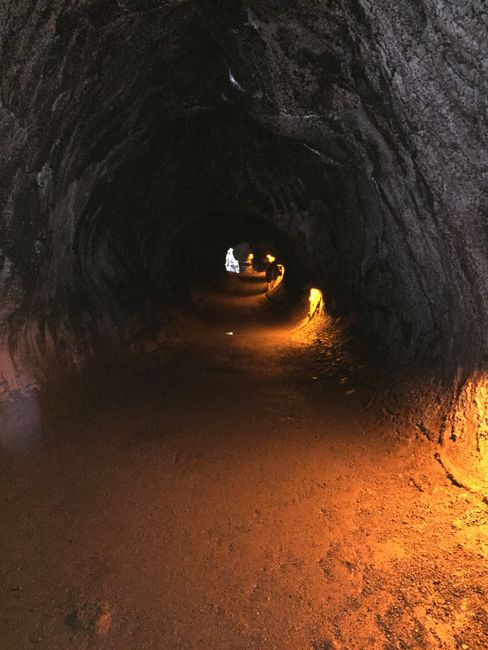
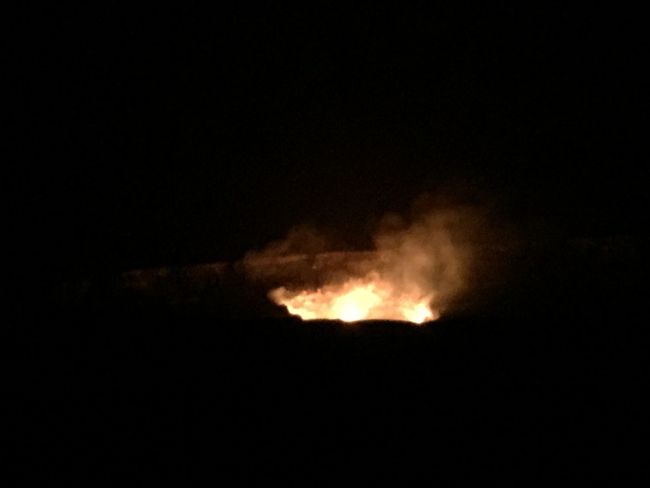
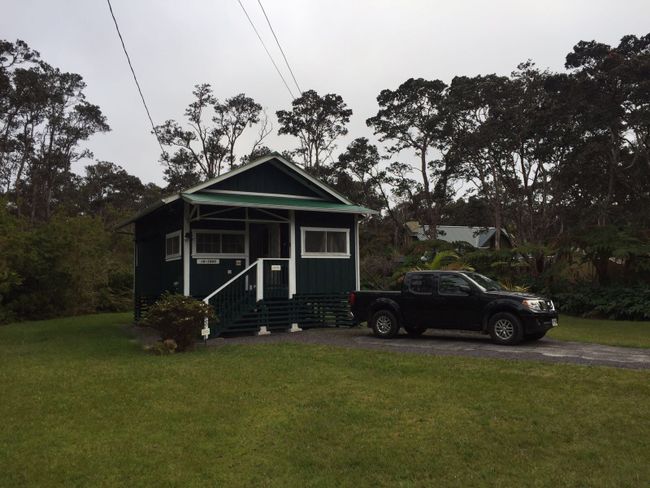
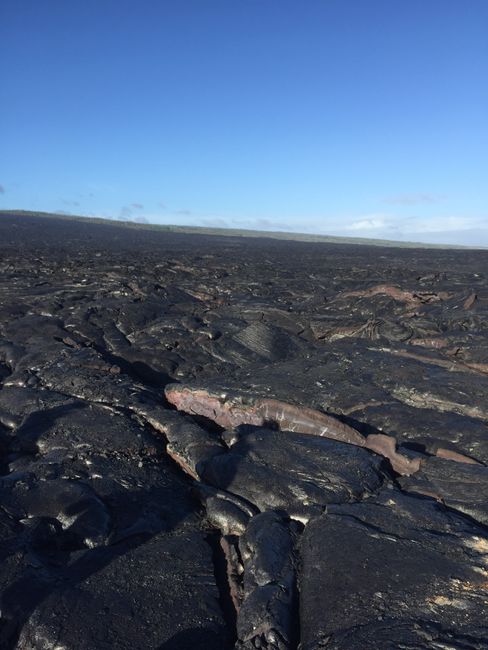
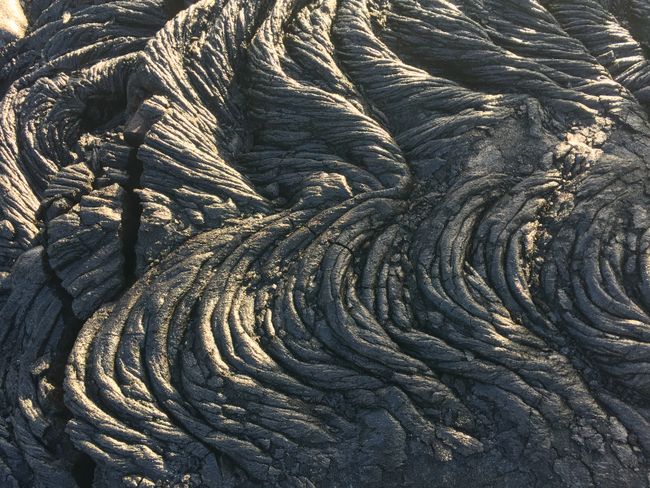
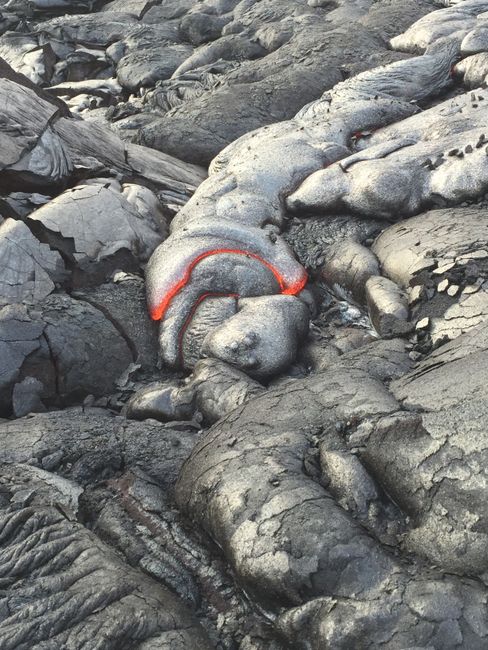
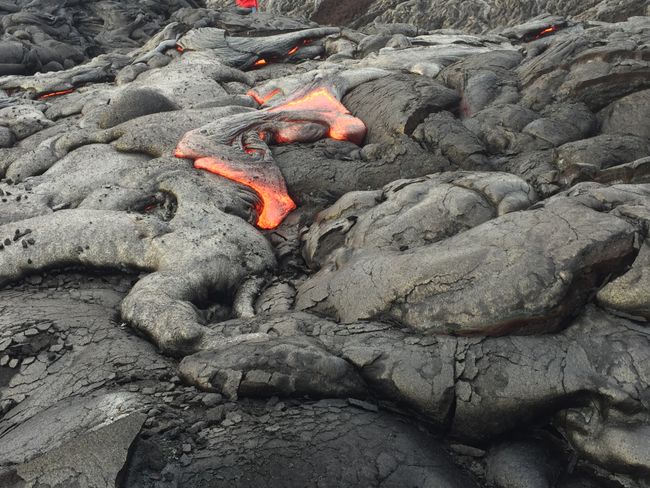
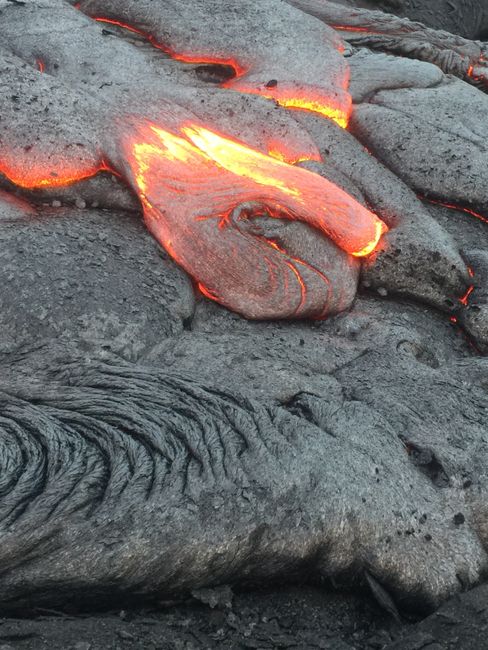
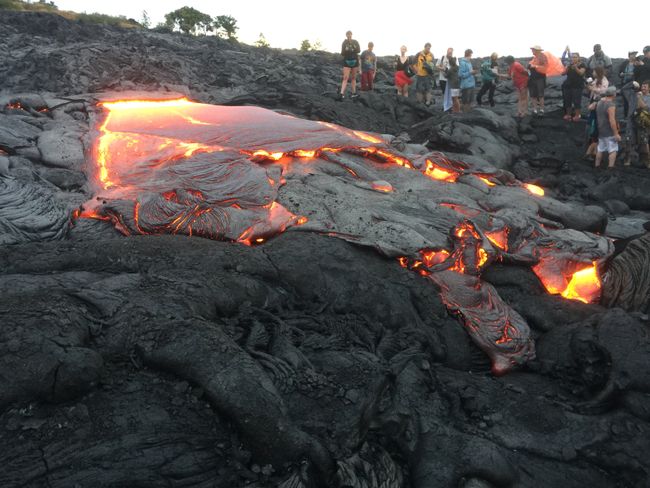
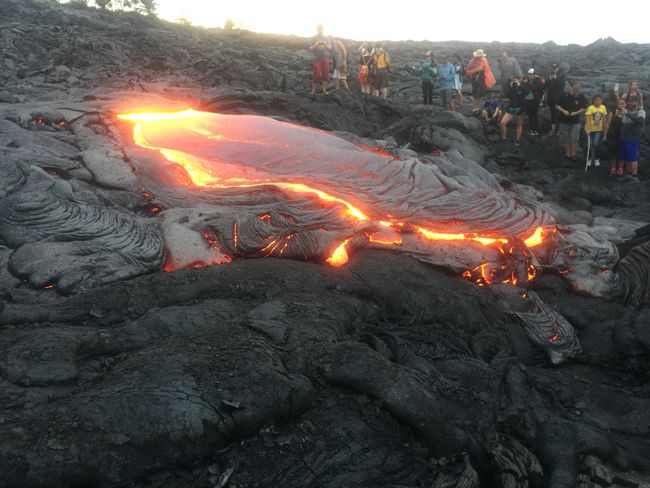
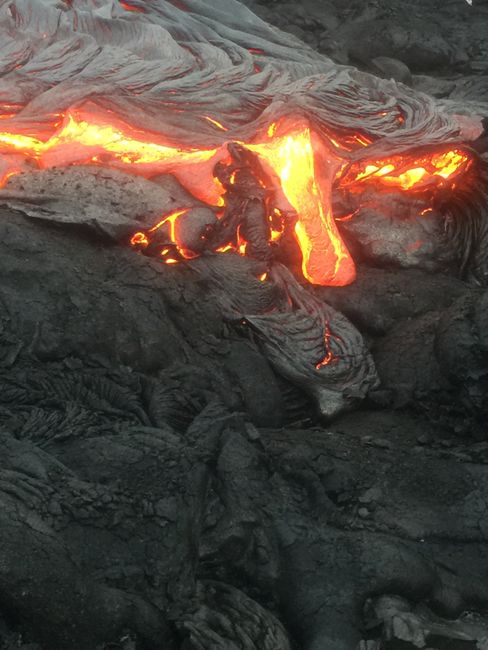
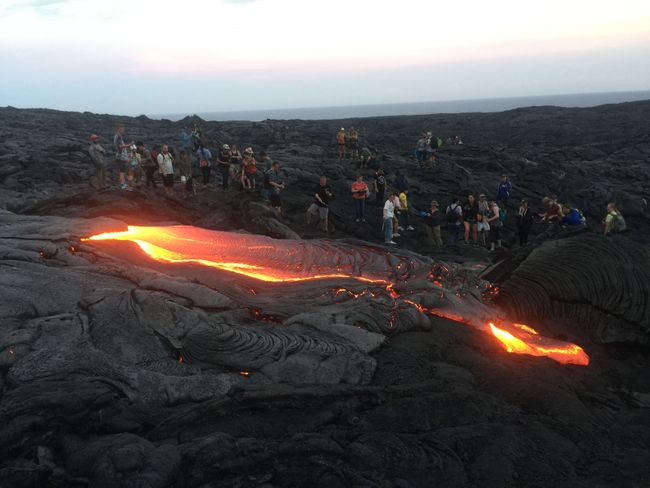
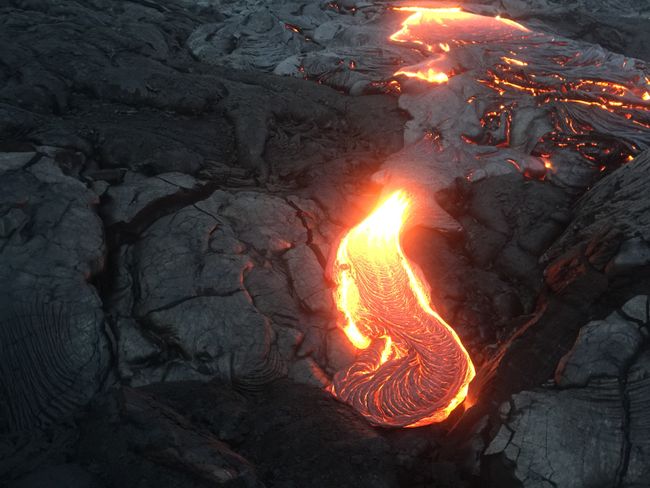
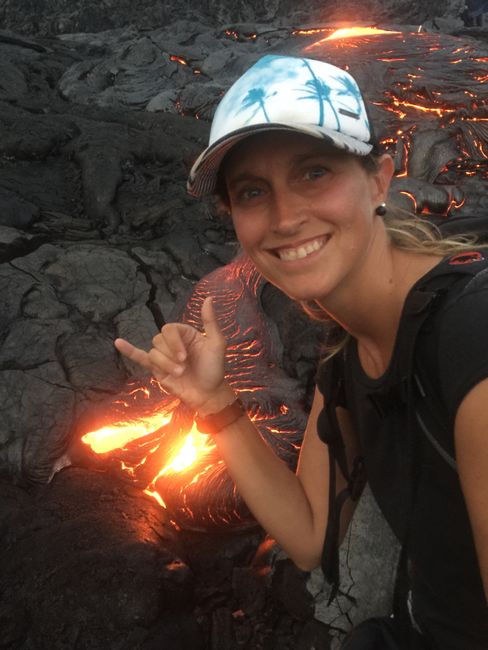
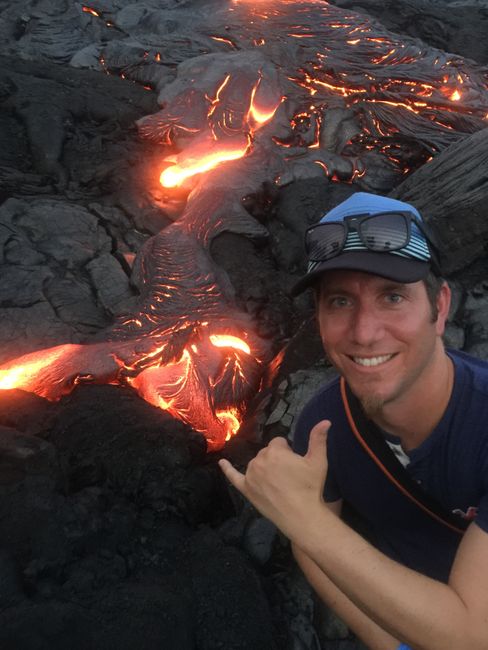
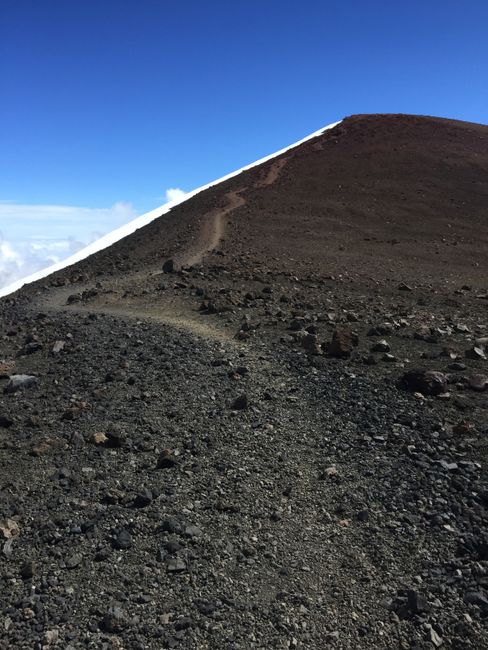
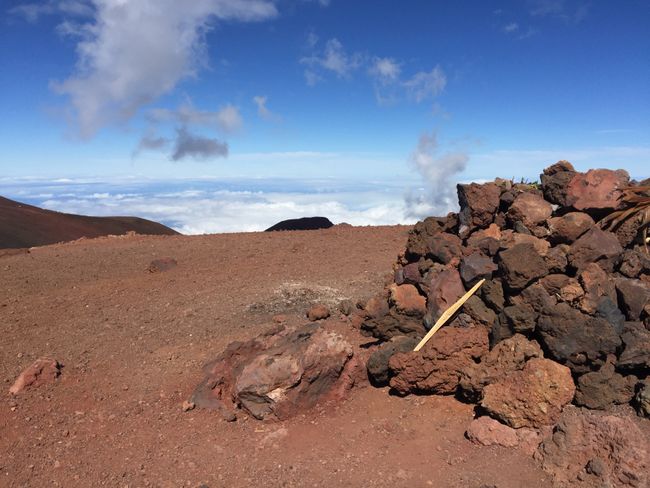
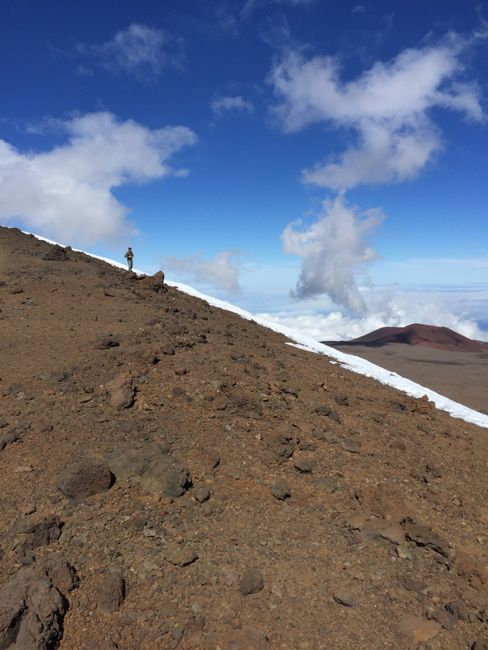
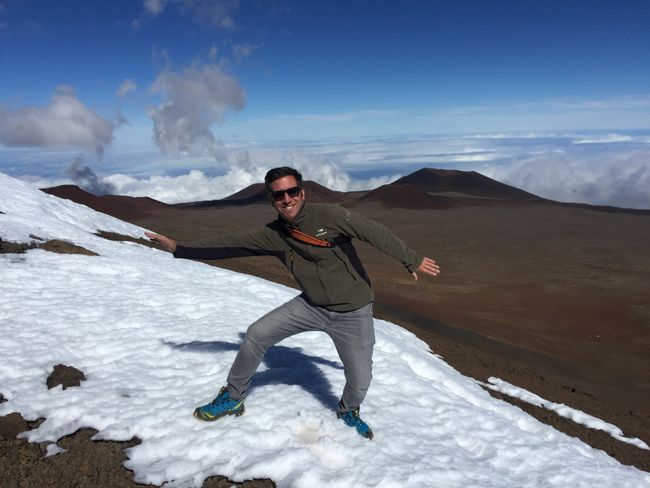
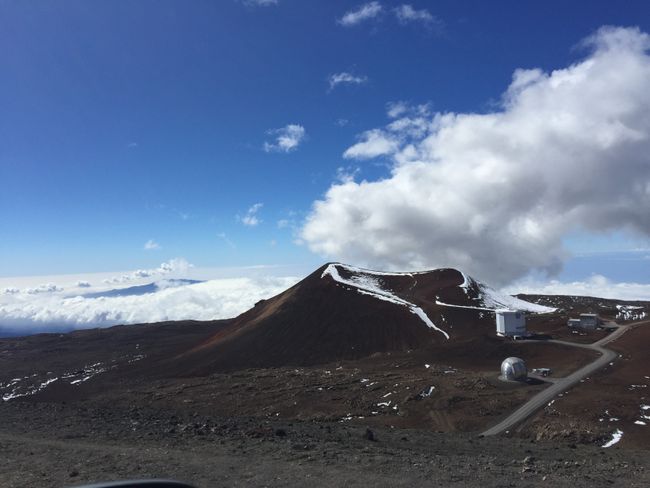
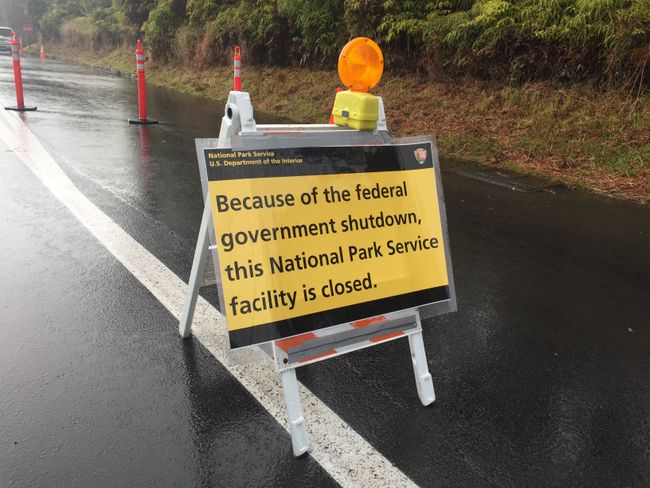
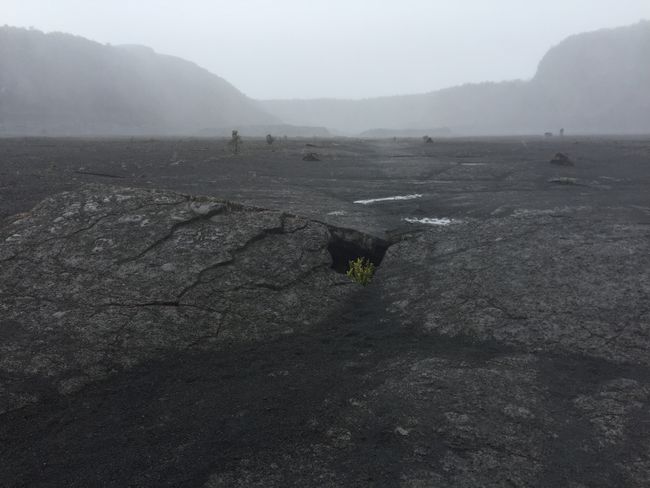
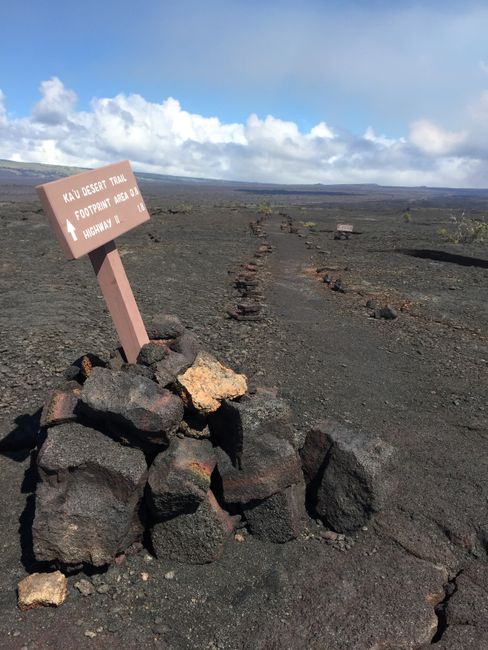
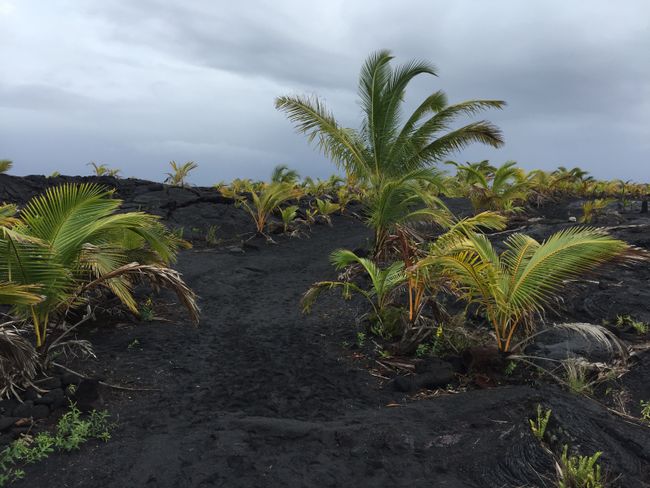
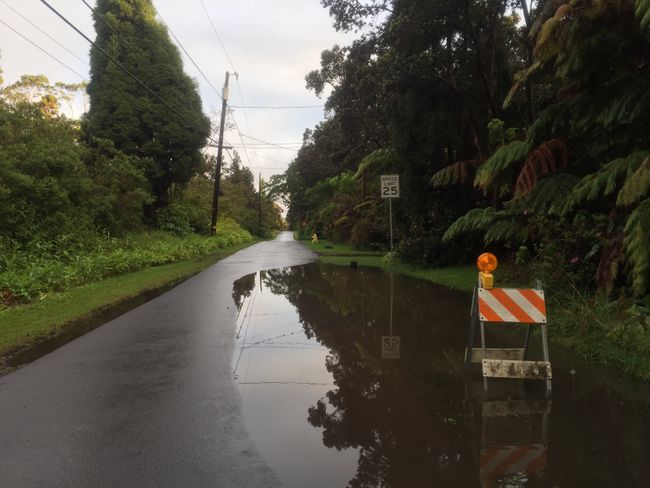
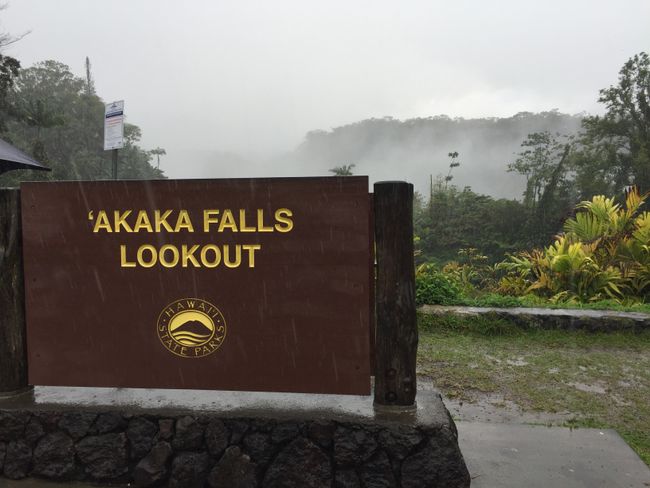
Prenumeruoti naujienas
Under the bright sun, we obtained our 7-day National Park Pass. Full of anticipation for the lava fields, we gathered information at the Visitor Center on where to admire liquid and solidified lava. As the level of the lava lake in the crater of Kilauea was very high and active, the friendly volunteer sent us there right at the beginning. We took note of the tip to check back multiple times, as the activity constantly changes. In the evening, we saw how the lava boiled and spewed into the sky in the crater. The crater rim and the steam were glowing red from the lava, combined with the starry sky, it was sensational!
With great enthusiasm, we hiked the marked walks through the crater and lava fields. Due to the two active volcanoes, not all hiking trails were open. However, this did not matter much due to the size of the park. 'Seeing lava flow into the sea' was at the top of our bucket list. You cannot control nature. Unfortunately, this has not been happening since the end of October, and the lava on the lava fields can 'only' be seen superficially. For such hikes, we definitely lack experience, which is why we decided to join a guided tour. Equipped with rain ponchos, provisions, headlamps, and flashlights, we followed a local Hawaiian. She herself lives in a small stilt house in the middle of the lava field without water and electricity. After an hour-long hike, we reached the places where the liquid lava flows on the surface. It was a sight we will never forget. After taking what felt like a thousand photos and videos, we made our way back after sunset in complete darkness. Now we were all very glad to have a local with us, as navigating only by the stars is extremely difficult.
In the land of contrasts, we wanted to climb the highest mountain in Hawaii, with an elevation of 4205 meters above sea level. The Hawaiians are very proud of this, as it is advertised as the highest mountain in the world, if you refer to the ocean floor and not sea level. From this perspective, it is 10,203 meters. Anyway, we drove up with our truck. It is recommended to take a break of at least 30 minutes at the Visitor Center at almost 3000 meters to acclimatize and prevent altitude sickness. Without insurance and with 4WD engaged, we drove up to the summit. Every car rental company prohibits driving on the summit road. Why exactly is not known, as the road was steep but not unpaved. We parked the car just below the summit and walked the last few meters to the top. At 4205 meters, everything was a bit slower despite breathing faster. The view was fantastic, and Martin had to pose in the snowfield, of course. There are several telescopes on the summit, as this place is ideal for them.
Due to the government shutdown, the national park was closed for three days. Nevertheless, we were able to stretch our legs on the surrounding hiking trails through lava fields. We also had our share of rainy days. No wonder, as Hilo, the rainiest city in the USA, is only 29 miles away from our accommodation. So, we were able to follow the Australian Open and treat ourselves to some Thai food in our cottage by the campfire. Editor's tip: The green curry tastes divine!
The tsunami warning reached us mainly from Switzerland on Tuesday morning. Apparently, the earthquake in Antarctica did not trigger a tsunami heading towards Hawaii. This, combined with the amount of water coming down from above, convinced us to visit the Pacific Tsunami Museum after all.
With the pickup truck fully fueled and returned, we are now sitting in the departure hall, waiting for our flight to Maui.
Prenumeruoti naujienas
Atsakymas (1)
Peter
Also grosses Kompliment an die Redaktöre. Der Reisebericht ist so schön spannend geschrieben. Macht doch ein Reisebuch daraus . Merci 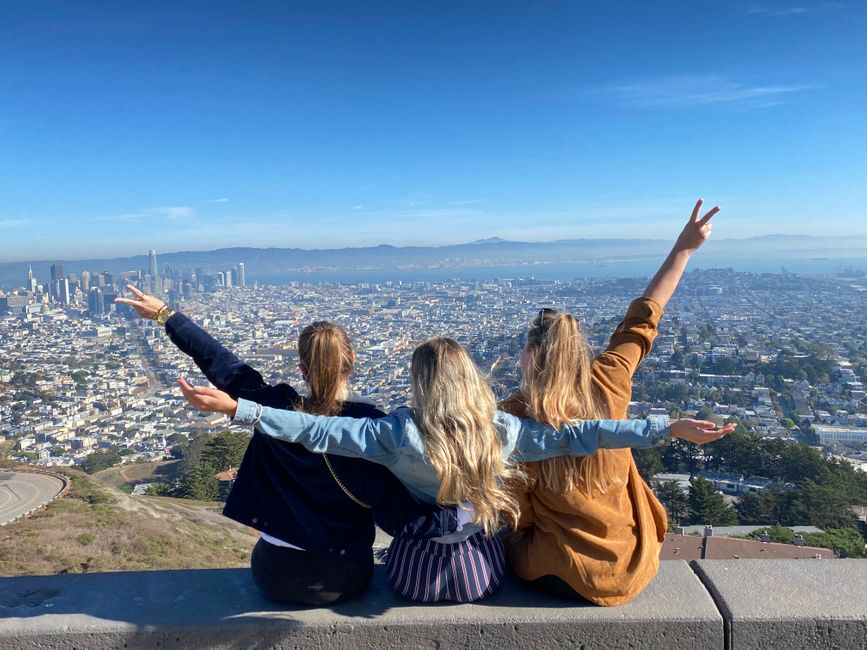
JAV kelionių ataskaitos
